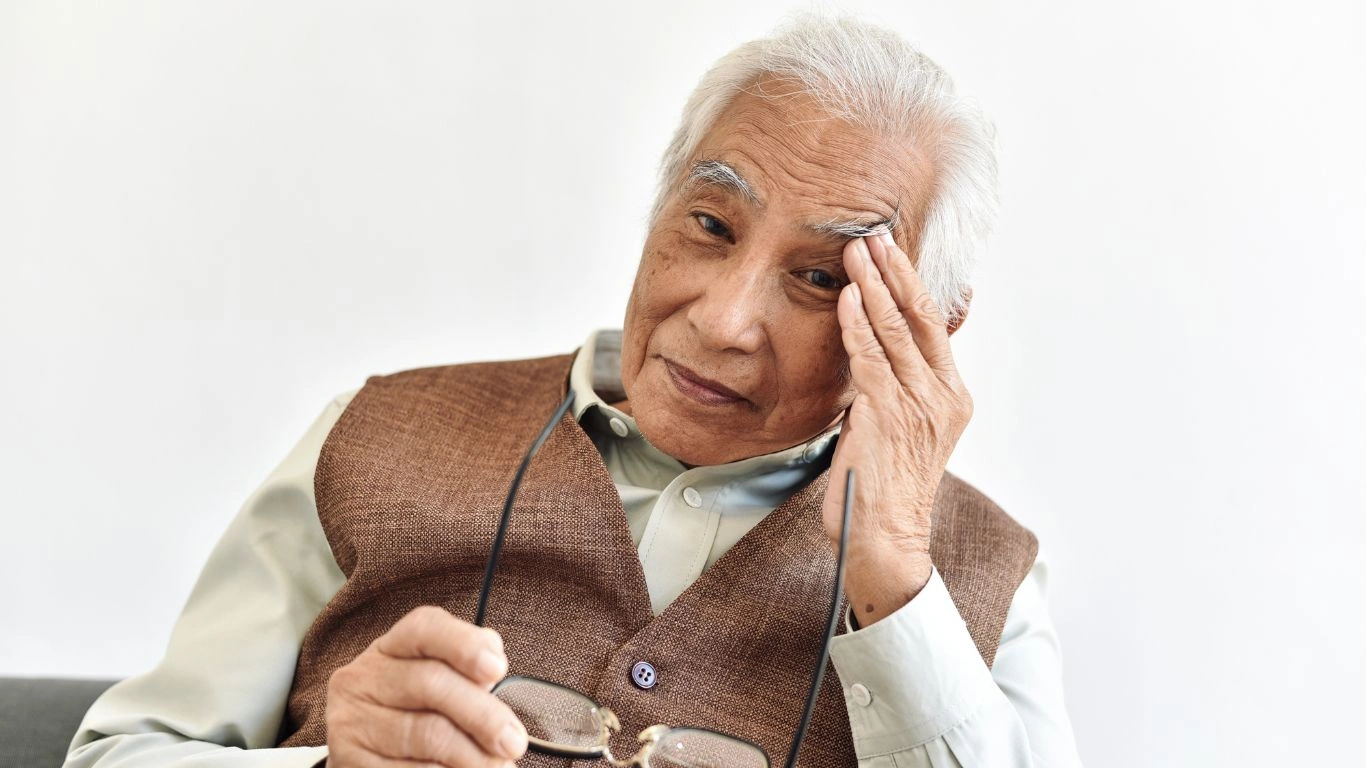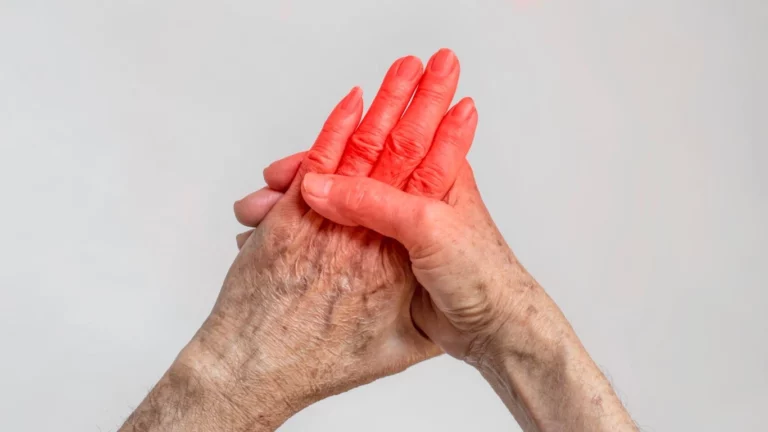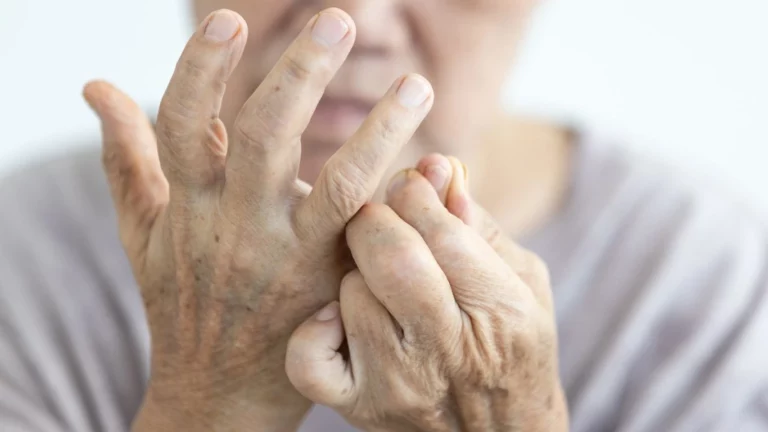High Blood Pressure and Ear Ringing Connection: What You Need to Know
Have you ever noticed a constant ringing in your ears and wondered if it could be connected to high blood pressure? Turns out, there might be a link between these two conditions. Let’s break down how high blood pressure could contribute to ear ringing and what you can do about it.
High blood pressure, or hypertension, is a pretty common condition that affects millions of people worldwide. When your blood pressure is consistently high, it can put a strain on your heart and blood vessels. But did you know it might also affect your ears? If you’ve been dealing with persistent ear ringing (also known as tinnitus), you might have wondered if there’s any connection. Well, there might be!

In this article, we’re going to dive deep into how high blood pressure can cause or exacerbate ear ringing, what the symptoms of both conditions look like, and what you can do to manage them. Let’s get into it!
What Is High Blood Pressure?
Before we talk about the ear ringing connection, it’s important to understand high blood pressure a bit better. Blood pressure is the force of your blood against the walls of your arteries. When it’s consistently high, it puts stress on your heart, arteries, and other organs.
It’s also known as the “silent killer” because it often doesn’t show noticeable symptoms. Many people don’t even realize they have it until something serious like a heart attack or stroke happens. That’s why it’s so important to get your blood pressure checked regularly, especially if you have risk factors like obesity, smoking, or a family history of hypertension.

What Is Ear Ringing (Tinnitus)?
Ear ringing, or tinnitus, is the perception of sound in your ears when no external noise is present. It might sound like a ringing, buzzing, or hissing, and it can be constant or intermittent. Some people experience it in one ear, while others hear it in both. While it’s usually not a serious health condition, it can be incredibly frustrating and affect your quality of life.
Tinnitus can be caused by a variety of factors, including exposure to loud noises, ear infections, earwax buildup, and even certain medications. But one less commonly discussed cause is high blood pressure. Let’s take a closer look at how these two conditions might be connected.

How High Blood Pressure Can Cause Ear Ringing
So, how does high blood pressure relate to ear ringing? The connection lies in the blood flow to the inner ear. The inner ear is highly sensitive to changes in blood flow, and high blood pressure can disrupt that flow.
When your blood pressure is elevated, it can cause the tiny blood vessels in your inner ear to constrict or dilate. This can lead to pressure changes that might trigger tinnitus. In some cases, the increased pressure in the blood vessels can directly affect the nerves in the inner ear, leading to the perception of sound.
What the Research Says
There’s ongoing research into the relationship between hypertension and tinnitus. Some studies suggest that people with high blood pressure are more likely to experience tinnitus than those with normal blood pressure. One study found that controlling high blood pressure could help reduce the severity of tinnitus symptoms, which further supports the idea that managing blood pressure can be key in reducing ear ringing.
However, it’s also important to note that not all cases of tinnitus are related to hypertension. There are plenty of other causes of ear ringing, so it’s always best to talk to a doctor to get to the bottom of what’s causing your symptoms.

Managing High Blood Pressure and Tinnitus
If you’re dealing with both high blood pressure and ear ringing, you might be wondering what steps you can take to manage both. Here are some tips that could help:
1. Get Your Blood Pressure Under Control
Managing your blood pressure is crucial for overall health, and it can also help with tinnitus. You can lower your blood pressure by:
- Eating a healthy diet (low in salt, high in fruits and vegetables)
- Exercising regularly (aim for at least 30 minutes of moderate exercise most days)
- Managing stress (through relaxation techniques like yoga or meditation)
- Avoiding smoking and limiting alcohol
- Taking prescribed medications (if needed, your doctor might prescribe antihypertensive drugs to help lower your blood pressure)
2. Treat the Tinnitus
While controlling blood pressure may help with tinnitus, you can also manage ear ringing through other strategies. Here are some options to consider:
- Sound therapy (listening to white noise or soft music to mask the ringing sound)
- Cognitive behavioral therapy (CBT) (a type of therapy that helps you manage the emotional impact of tinnitus)
- Ear protection (if you’re exposed to loud environments, wear earplugs to prevent further damage)
- Medications (sometimes doctors prescribe medications to help with the severity of tinnitus symptoms)
3. Regular Checkups
If you have high blood pressure and are also experiencing ear ringing, it’s important to have regular checkups with your doctor. They can monitor your blood pressure and assess whether your tinnitus is improving as your blood pressure stabilizes.

When to See a Doctor
If you notice persistent ear ringing, it’s always a good idea to consult with a doctor. In some cases, tinnitus can be a sign of an underlying health issue, including high blood pressure. If you already have hypertension, and your tinnitus seems to be getting worse, don’t hesitate to reach out for professional advice. The right treatment plan can make a huge difference!
Conclusion
High blood pressure and ear ringing are definitely connected in some cases. The stress that elevated blood pressure places on the blood vessels in your inner ear could trigger or worsen tinnitus. But the good news is that by managing your blood pressure and seeking appropriate treatment for your tinnitus, you can reduce the impact of both conditions.
Taking care of your heart health and your ears might just be the key to feeling better overall!
Appendices
FAQs
- Can high blood pressure cause tinnitus? Yes, high blood pressure can disrupt blood flow to the inner ear, potentially leading to ear ringing or tinnitus.
- How can I manage tinnitus caused by high blood pressure? Managing your blood pressure with a healthy lifestyle, medication, and stress reduction techniques can help alleviate tinnitus symptoms.
- Is there a specific diet to help with both hypertension and tinnitus? A heart-healthy diet that’s low in sodium and high in potassium-rich foods can help manage both high blood pressure and tinnitus.
- Does tinnitus go away when blood pressure is controlled? In some cases, controlling blood pressure can reduce tinnitus symptoms, but not everyone will experience this. Treatment options for tinnitus may also be needed.
- Can stress make tinnitus worse? Yes, stress can exacerbate tinnitus symptoms. Managing stress through relaxation techniques can help reduce the severity of the ringing in your ears.
References
- National Heart, Lung, and Blood Institute (NHLBI). (2024). High Blood Pressure. Read Article
- American Tinnitus Association. (2023). Tinnitus and Hypertension. Read Article
- J. Smith, R. L. (2022). Hypertension and Tinnitus: A Clinical Review. Journal of Medical Research, 45(3), 221-230.
Disclaimer
The information in this article is for educational purposes only and should not be considered as medical advice. Always consult with a healthcare professional for personalized advice regarding high blood pressure, tinnitus, or any other health conditions.






